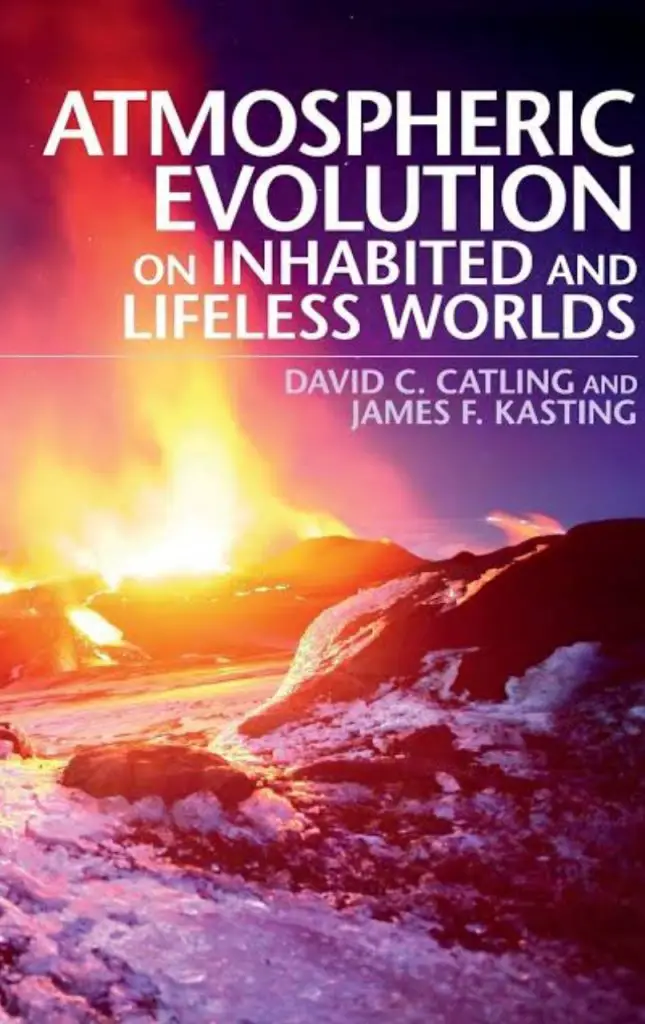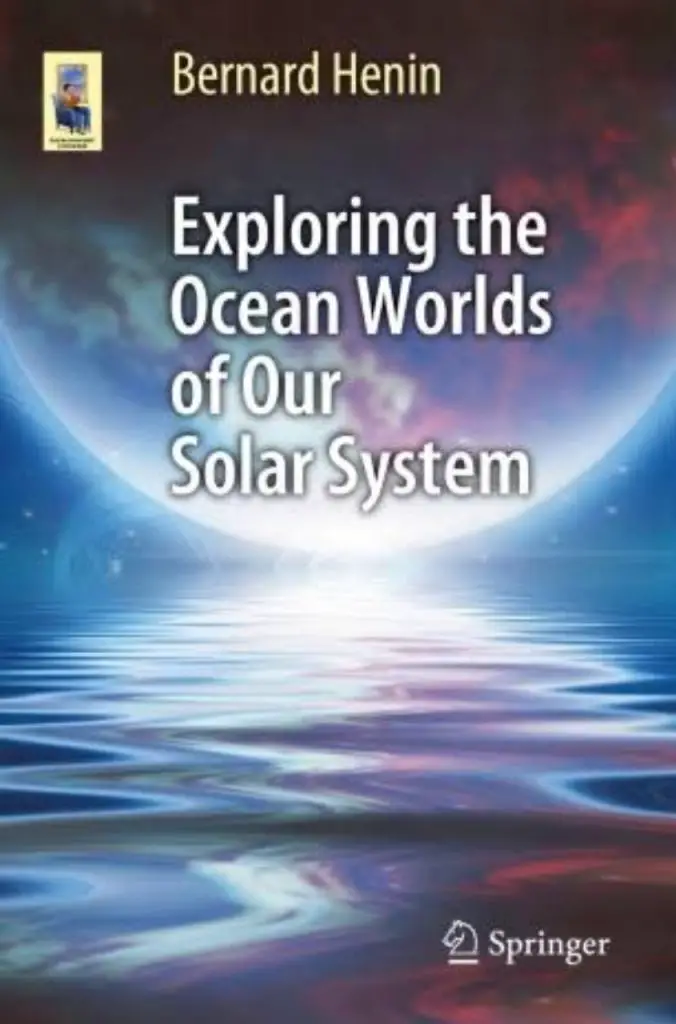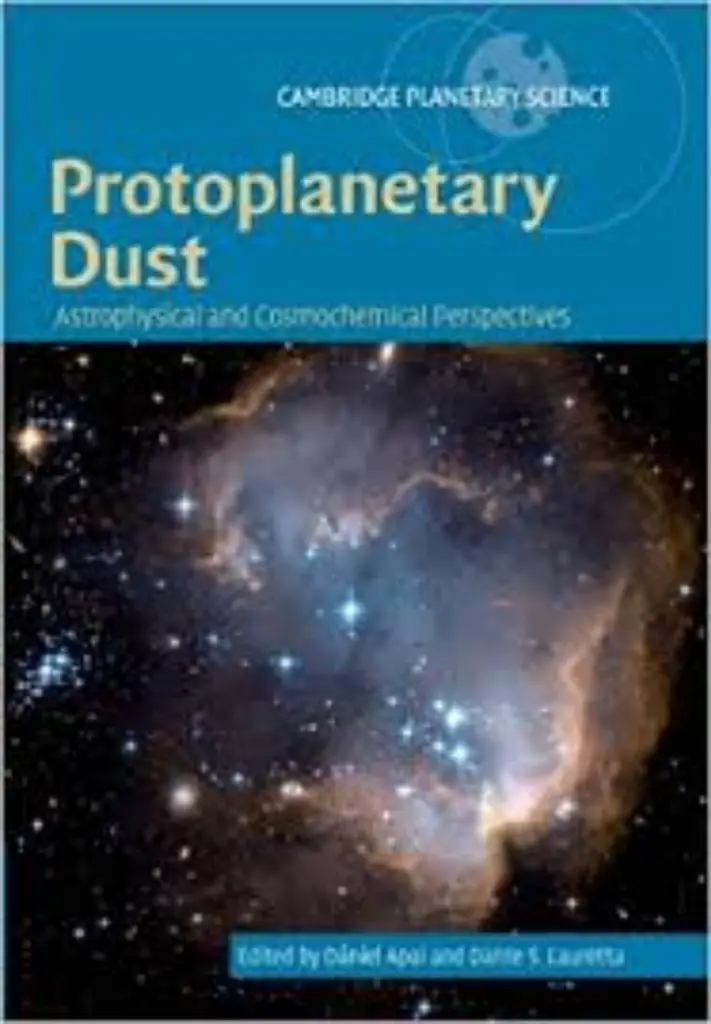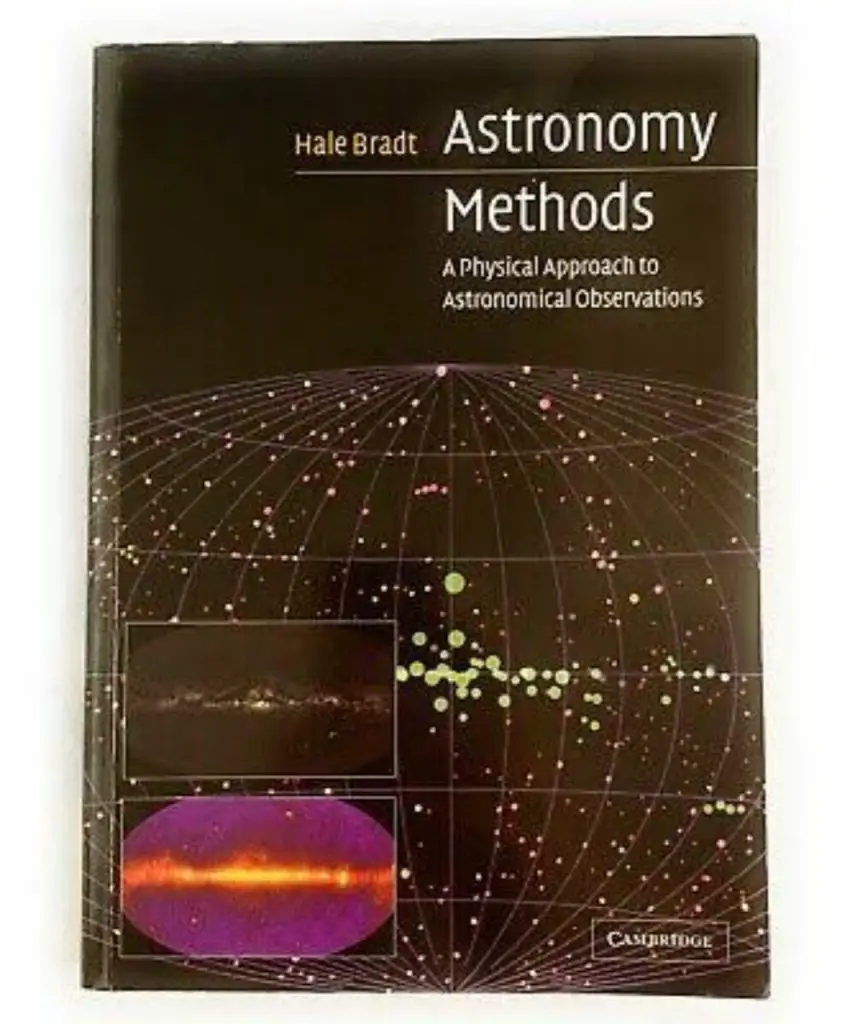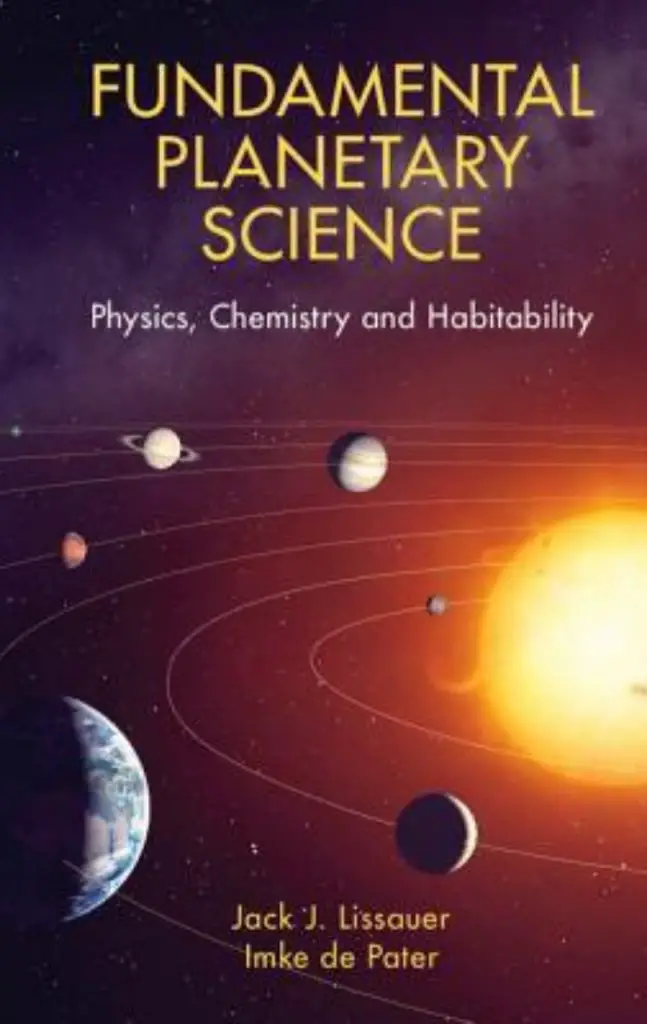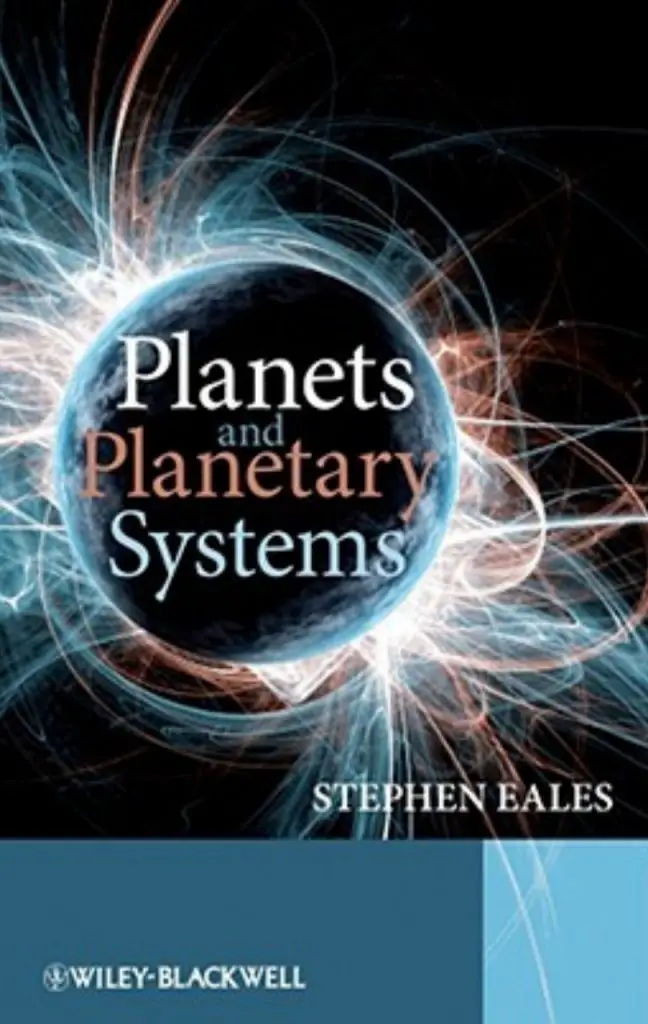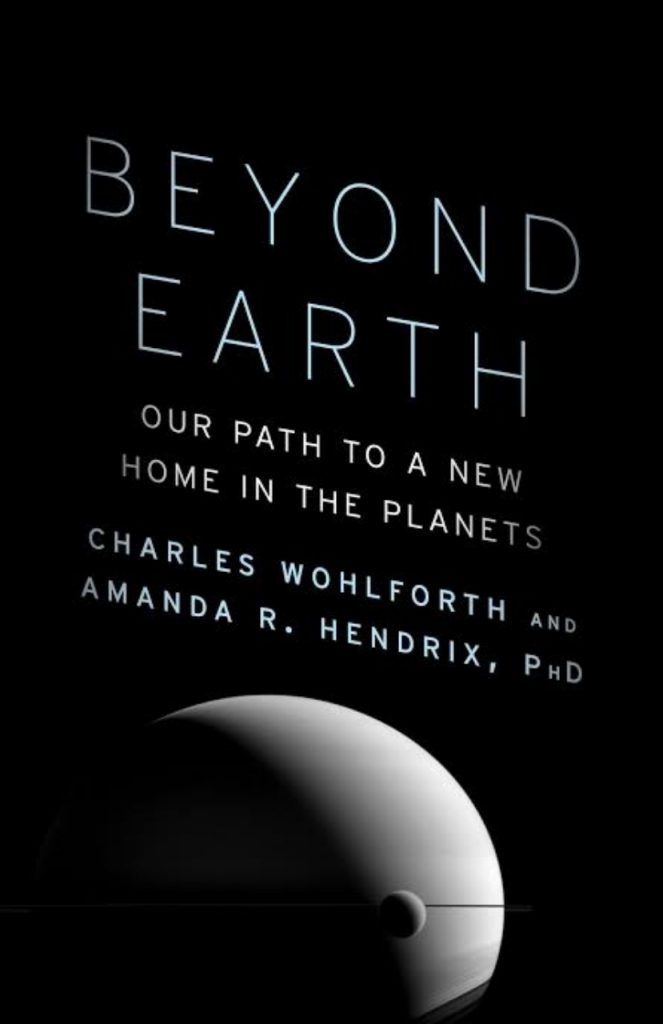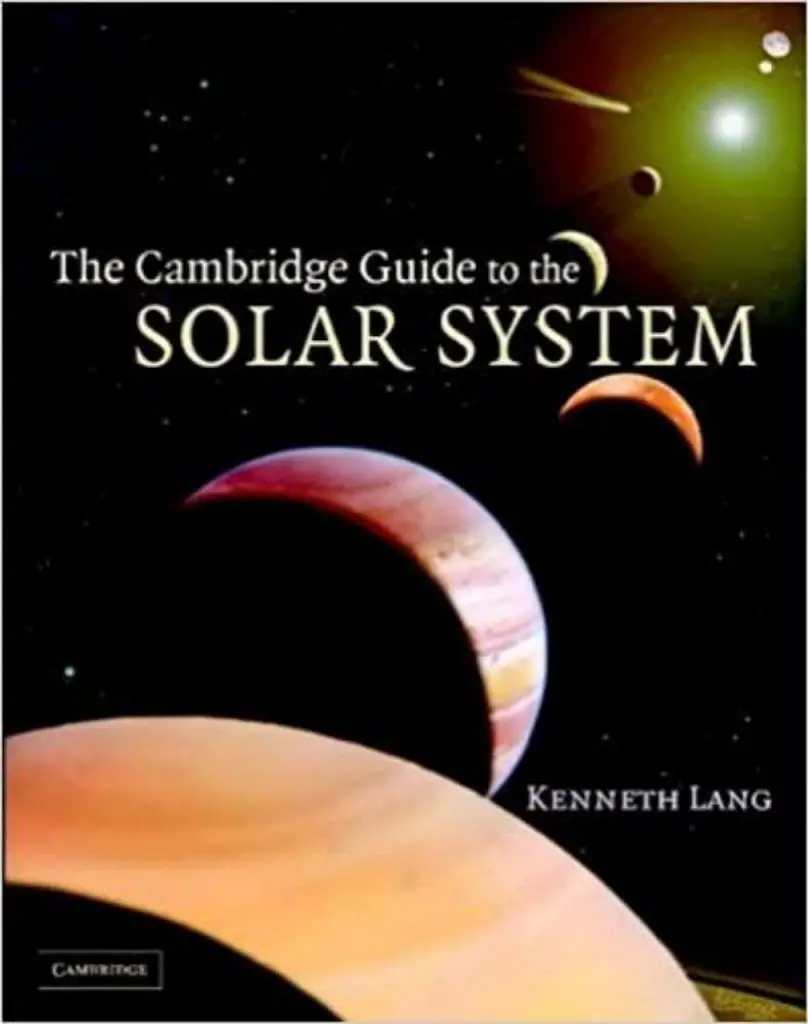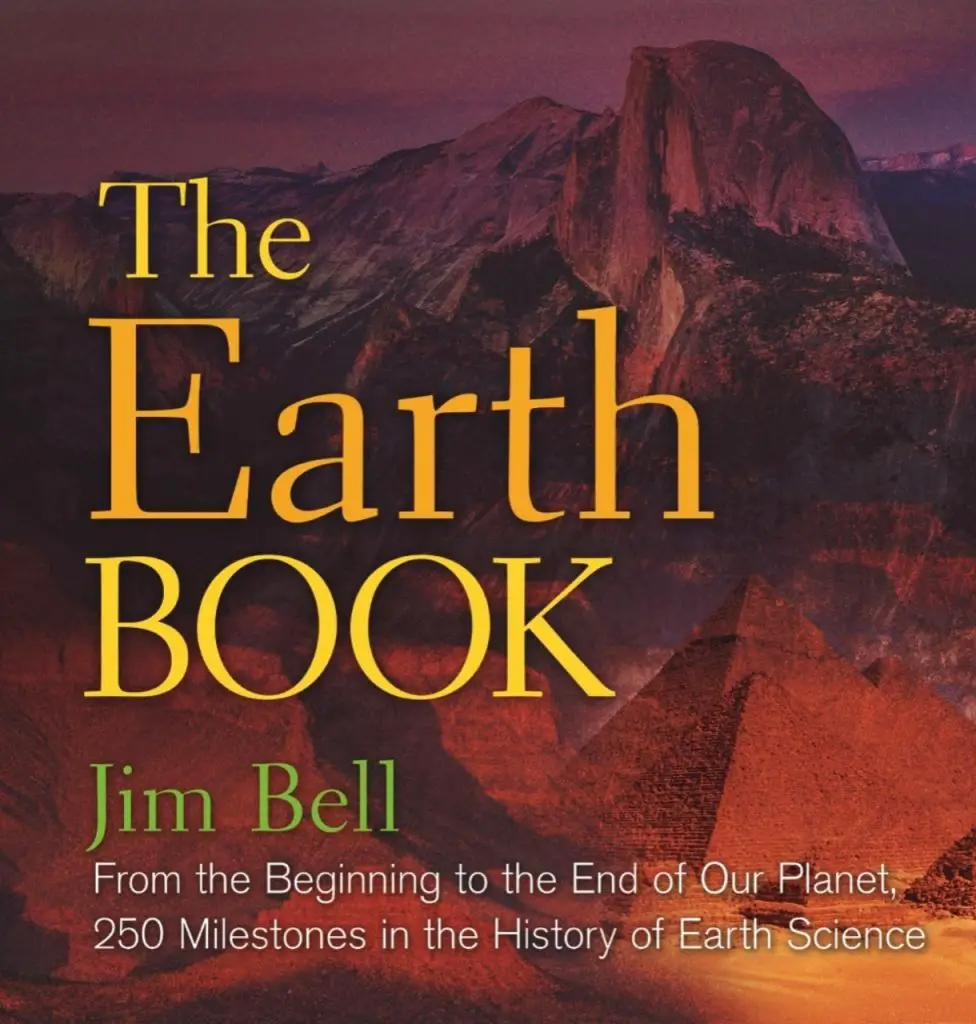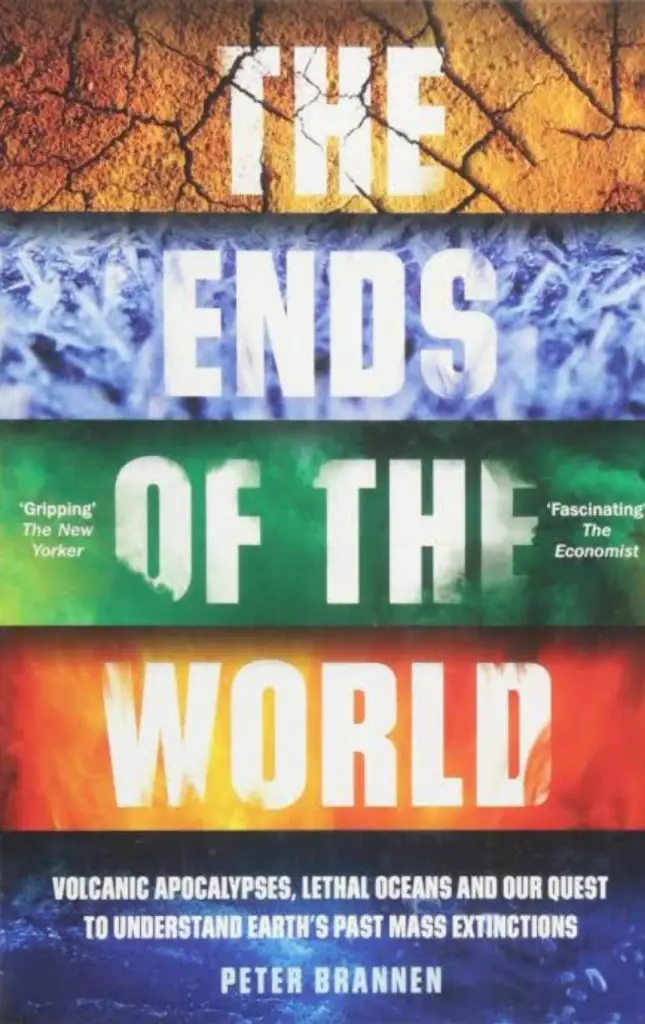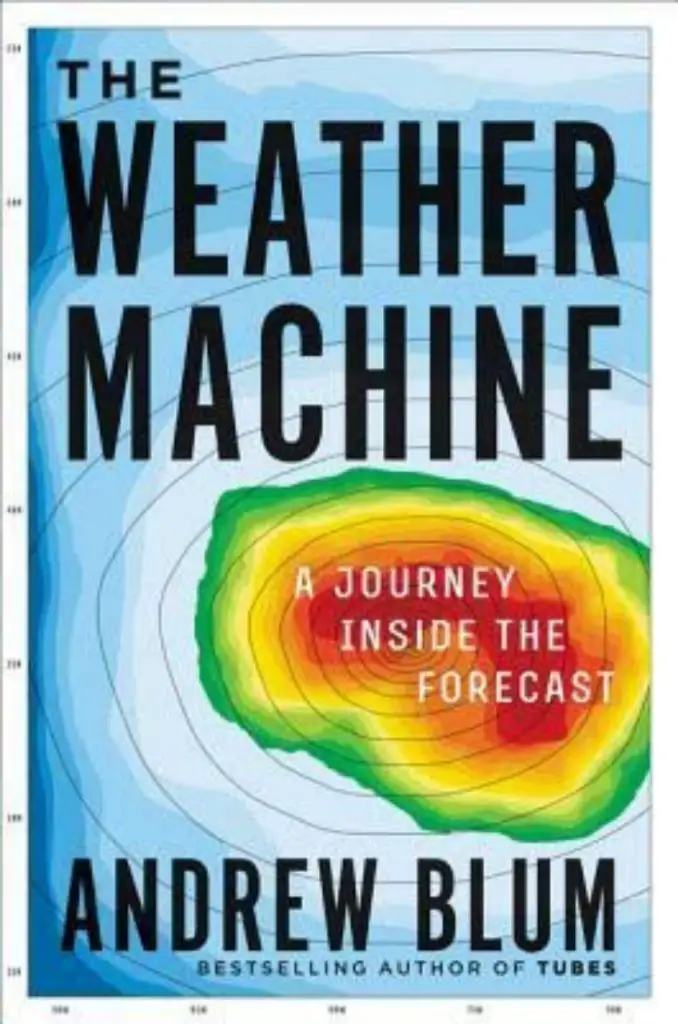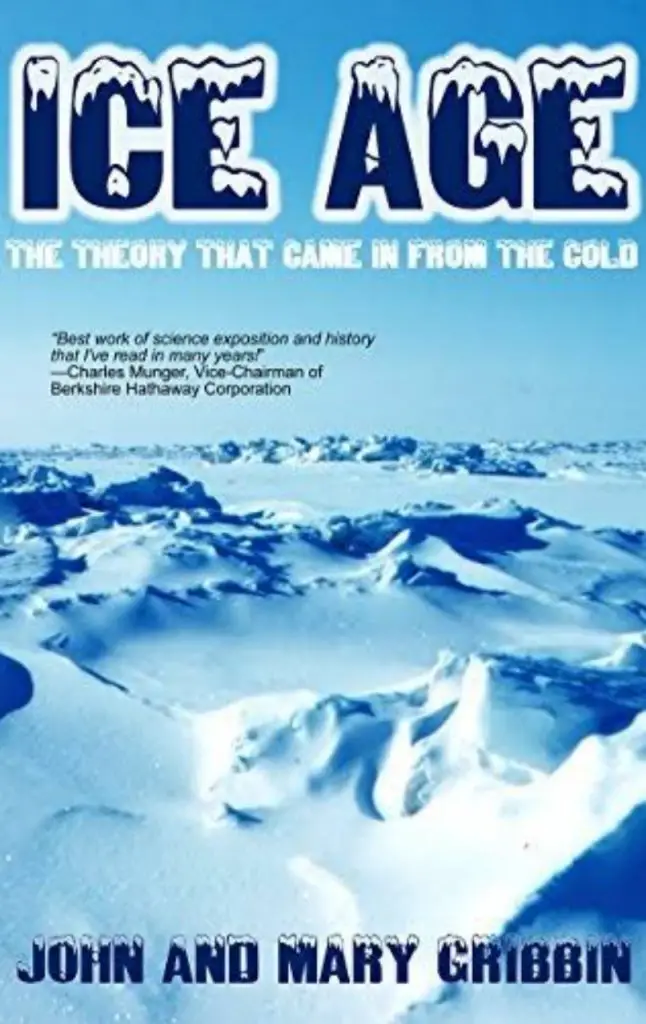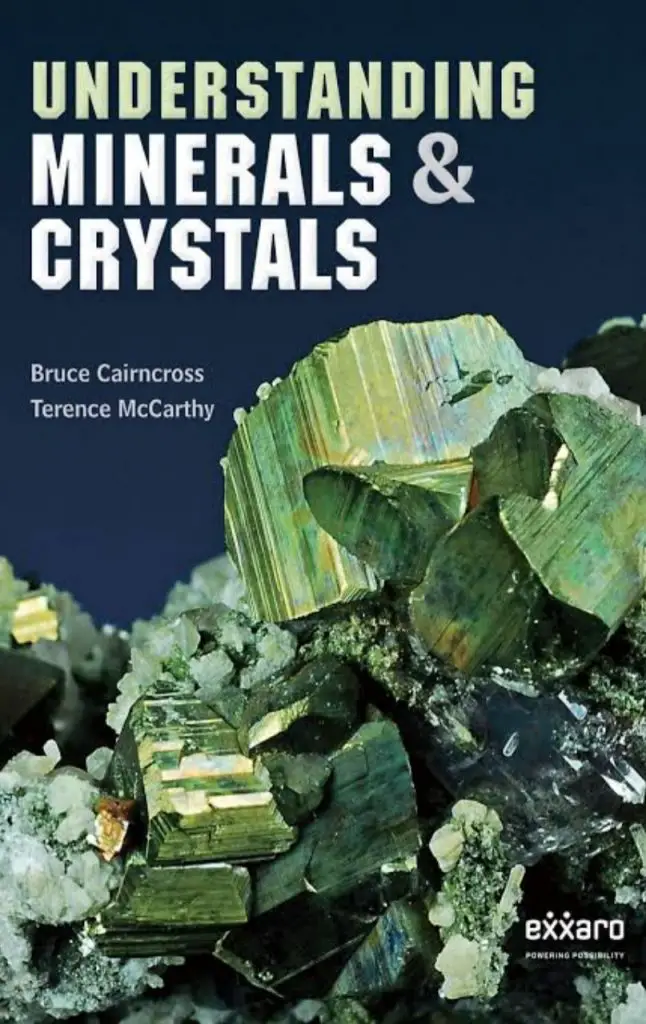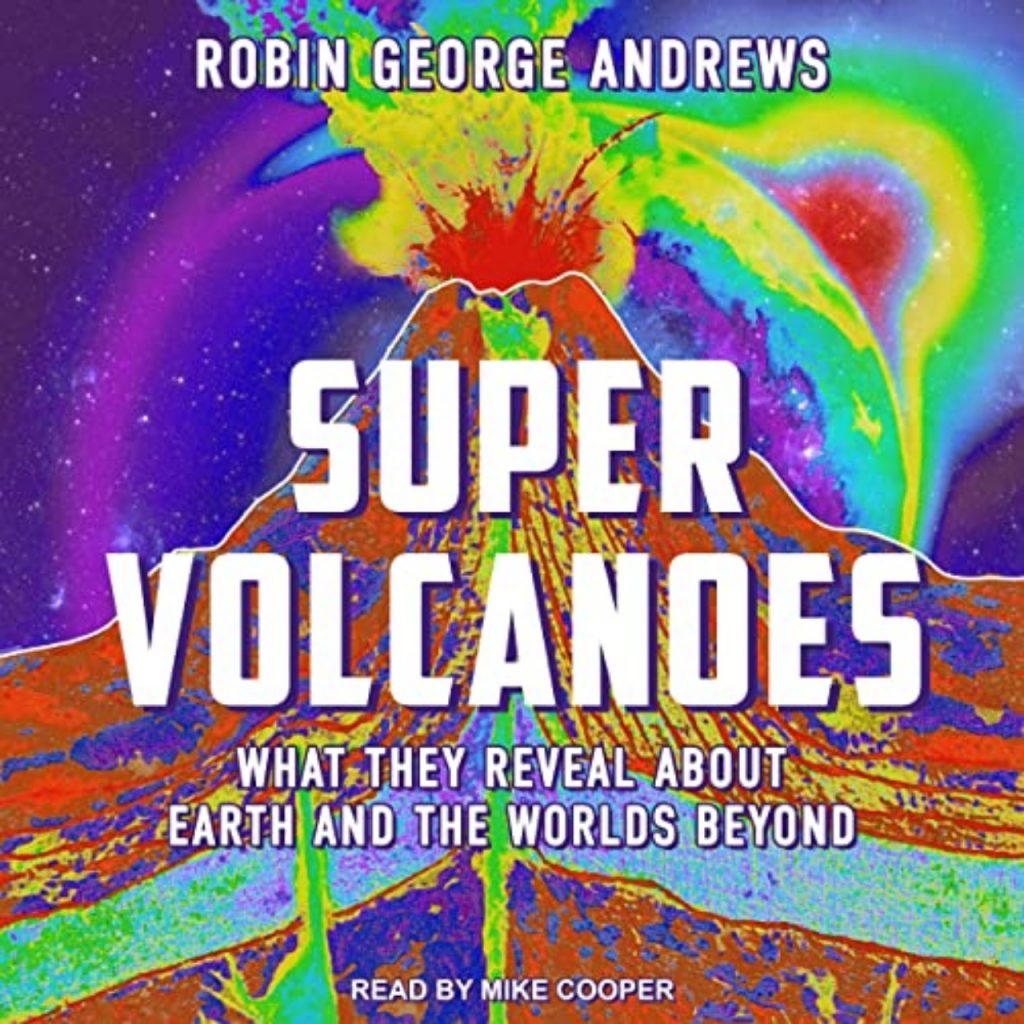Ever wondered what the must-read Earth and Planetary books are? Here is our take.
It’s likely that you are reading this article because you are a bit like the young Elon Musk, who thinks about space and planetary sciences a lot. It’s partly because of this other-worldly interest that gives Elon a sense of meaning in what he does and how he does it.
Or, you just want to expand your knowledge on the basic principles of earth or planetary sciences.
Either way, it’s tiresome to browse through the library of books to look for one book. Especially if you have limited time. Worse yet, you don’t know the specific book that contains the particular information you want.
To come up with our lists, we compare top universities’ recommendations with reviews from experts and readers.
This list helps researchers who are tucked in their daily grind to develop their next breakthrough ideas.
For a layperson, this helps you become a modern-day Renaissance polymath.
Let’s check out the list!
Table of Contents
Overview of the best Earth and Planetary Books
Part I: Best Planetary Science
- Atmospheric Evolution on the Inhabited and Lifeless Worlds by David C. Catling, James F. Kasting (Get the book)
- Exploring the Ocean Worlds of Our Solar System by Bernard Henin (Get the book)
- Protoplanetary Dust: Astrophysical and Cosmochemical Perspectives by Dániel Apai and Dante S. Loretta (Get the book)
- Astronomy Methods: A Physical Approach to Astronomical Observations by Hale Bradt (Get the book)
- Fundamental Planetary Science by Imke de Pater and Jack Lissauer (Get the book)
- Planets and Planetary Systems by Stephen Eales (Get the book)
- Beyond Earth: Our Path to a New Home in the Planets by Charles Wohlforth, Amanda R. Hendrix PhD. (Get the book)
- The Cambridge Guide to the Solar System by Kenneth R. Lang (Get the book)
Part II: Best Earth Science Books
- The Earth Book: From the Beginning to the End of Our Planet, 250 Milestones in the History of Earth Science by Jim Bell (Get the book)
- The Ends of the World: Volcanic Apocalypses, Lethal Oceans, and Our Quest to Understand Earth’s Past Mass Extinctions by Peter Brannen (Get the book)
- The Weather Machine by A Journey Inside the Forecast by Andrew Blum (Get the book)
- Ice Age by John Gribbin and Mary Gribbin (Get the book)
- Understanding Minerals and Crystals by Bruce Cairncross and Terence McCarthy (Get the book)
- Geology by Susan H. Gray (Get the book)
- Super Volcanoes: What They Reveal about Earth and the Worlds Beyond by Robin George Andrew (Get the book)
Part I: Best Planetary Science
Atmospheric Evolution on the Inhabited and Lifeless Worlds by David C. Catling, James F. Kasting
Intro-Why you should read it
The book has a 5-star rating on Amazon and Goodreads.
Atmospheric Evolution on the Inhabited and Lifeless Worlds is written by two distinguished professors of Geosciences and earth & space sciences.
Check out this book if you are interested in space exploration.
Summary-What this book is about
This book proposes a complete view of the planetary atmospheres and evolutions. Planetary scientists will learn atmospheric composition, thermal structure, radiative transfer, and atmospheric dynamics of terrestrial planets–while exploring their life support systems.
Key Takeaways
- We need detailed theories to know the process of planet formation.
- Climate influences a planet’s habitability.
Exploring the Ocean Worlds of Our Solar System by Bernard Henin
Intro-Why you should read it
The book has a 4.7 rating on Amazon.
Summary-What this book is about
This book discusses the ocean worlds in the distant moons made known to us by spacecraft such as Galileo, Voyager, and Cassini.
Key Takeaways
- Icy moons have at least twice as much liquid water as the earth’s water.
- Some of the ocean worlds may be habitable.
- Ice crystals and water vapor from a salty ocean beneath the Enceladus forms one of Saturn’s rings.
Protoplanetary Dust: Astrophysical and Cosmochemical Perspectives by Dániel Apai and Dante S. Loretta
Intro-Why you should read it
Protoplanetary Dust is also an invaluable reference for researchers and students in laboratory astrophysics, astronomy, planetary, and cosmochemistry sciences.
Summary-What this book is about
This detailed and insightful book focuses on planetary systems, extrasolar planets, their properties, and origins.
Key Takeaways
- Knowing the planet’s history and formation is vital for those wishing to study astronomy, astrophysics, cosmochemistry.
- You need strong observation and analysis skills to understand the process of planetary formation.
Astronomy Methods: A Physical Approach to Astronomical Observations by Hale Bradt
Intro-Why you should read it
Astronomy methods is a book on analytical astrophysics and astronomy that students in quantitative astronomy will enjoy reading.
Summary-Why this book is about
The author uses diagrams to take the readers through interferometry, electromagnetic spectrum, and adaptive optics, among others.
Key Takeaways
- Knowledge of practice tools is gold in the study of quantitative astronomy.
- Angular coordinates define a star’s location on the celestial sphere.
Fundamental Planetary Science by Imke de Pater and Jack Lissauer
Intro-Why you should read it
Fundamental Planetary Science has a 4.1-star rating on Amazon.
The book is highly recommended by the leading experts in related professions, including Richard Taylor of Spaceflight.
Summary-What this book is about
This book is a powerful introductory text to students studying physical sciences. The book explains the geological, chemical, and physical processes that control the planets.
The revised edition has a detailed description of the asteroid and Kuiper belts. The book includes a comprehensive discussion on extrasolar planets and planetary systems.
Fundamental Planetary Science has more than 300 exercises to help students evaluate their knowledge of the text.
This book is perfect for students in earth science, planetary science, or astronomy. Researchers can also use the book for reference.
Key Takeaways
- Chemical, geological, and physical processes control the properties and motions of planetary systems.
- The asteroid belt has a dwarf planet called Ceres.
Planets and Planetary Systems by Stephen Eales
Intro-Why you should read it
This book has a rating of 4.7 stars on Amazon.
Planets and Planetary Systems is an up-to-date material book written to enable graduate students to understand the science of the planets.
The book serves as an introduction to the study of planets.
Summary-What this book is about
The book describes planets on different solar systems and compares their properties. Stephen further explains planetary systems with a focus on their origin and dynamics.
The book ends with an assessment of the role played by life on planetary systems.
Key Takeaways
- The knowledge of planets is valuable to various professions, including biology, physics, chemistry, and astronomy.
- Space missions are a source of information about space.
Beyond Earth: Our Path to a New Home in the Planets by Charles Wohlforth, Amanda R. Hendrix PhD.
Intro-Why you should read it
Beyond Earth is on the popular planetary sciences books on Amazon with a 4-star rating.
Homer Hickam of the Wall Street Journal highly recommends this great book.
Students, researchers, and anyone interested in space science- exploration and colonization- will find this book a worthy read.
Thomas Mallon, the author of Finale, and Tom Kizzia of the Pilgrim’s Wilderness are some people who recommend this book.
Summary-What this book is about
Beyond Earth is an exciting read that encompasses the realities that hinder modern science, especially NASA’s efforts today. Charles and Amanda insist on the possibility of life on Titan- a moon occurring in Saturn.
Key Takeaways
- The likelihood of Titan being habitable is higher than Mars.
- Several factors affect space exploration, with politics being one of them.
- NASA should adopt stretch technology for future space programs.
The Cambridge Guide to the Solar System by Kenneth R. Lang
Intro-Why you should read it
The Cambridge Guide is one of the best planetary science books on Amazon, with 4.5 stars and a 5-star rating on Goodreads.
Library Journal recommended this book, praising it as one of the best books published in 2001.
The Cambridge Guide is appropriate for undergraduates, high school students, and planetary science enthusiasts.
Summary-What this book is about
This book employs colored images to explain the exoplanet discoveries, planets, and moons.
Kenneth highlights new discoveries in this book, ranging from geysers on Enceladus to asteroid Itokawa.
Key Takeaways
- There is water on the moon.
- Volcanism occurs on mercury’s hidden half.
- The surface of Titan has hydrocarbon lakes.
Part II: Best Earth Science Books
The Earth Book: From the Beginning to the End of Our Planet, 250 Milestones in the History of Earth Science by Jim Bell
Intro-Why you should read it
Earth book has a 4.7-star rating on Amazon and Goodreads(4.5-star rating).
This book is written by an Arizona State University professor of Astronomy.
Summary-What this book is about
This book sharpens our knowledge of the earth, including the oceans’ formation, deadly volcanoes, and polar expeditions.
The book covers chemistry, physics, geology, mineralogy, astronomy, climate science, life science, and planetary science.
Key Takeaways
- Our knowledge about the Earth has been shaped by processes, events, places, and people.
- The earth may be destroyed again in the future (billions of years).
- Studying the earth’s history is a good step in understanding our planet.
The Ends of the World: Volcanic Apocalypses, Lethal Oceans, and Our Quest to Understand Earth’s Past Mass Extinctions by Peter Brannen
Intro-Why you should read it
The Ends of The World is one of Vox’s most important books of the decade.
The book was the 2017 Editor’s choice for the New York Times.
Forbes Top 10 Best Environment, Climate, and Conservation Book of 2017
Summary-What this book is about
This book explains the earth history, including the earth’s five mass extinctions. The renowned science journalist Peter Brannen delves into our planet’s past and offers us a peek into the earth’s future. He equates past catastrophes to climate change.
Key Takeaways
- Climate influences natural catastrophes.
- The earth faced extinction five times.
- We should understand the past to calculate our next move.
The Weather Machine by A Journey Inside the Forecast by Andrew Blum
Intro-Why you should read it
The Weather Machine has a 4.2-star rating on Amazon and a 3.5-star rating on Goodreads.
Mark Vanhoenacker of Skyfaring: A Journey with a Pilot recommends this book to beginning graduate students and science enthusiasts.
The Weather Machine is also highly reviewed by the Economist, New Yorker, The Times London, and Telegraph (UK).
Summary-What this book is about
This book covers weather forecasting and observation. The author of “Tubes”, Andrew Blum, unboxes everything about the weather forecast, including those who make them and how they work.
Key Takeaways
- Weather forecasting has made weather predictable. We can experience and predict it as well.
- Understanding weather forecasting gives us valuable insights into our planet.
- Weather forms the basis of our everyday life.
- Our weather machines are accurate, but we still don’t trust them.
Ice Age by John Gribbin and Mary Gribbin
Intro-Why you should read it
Rated with 4.3 stars on Amazon.
The book has a 4-star rating on Goodreads.
Charles Munger, the vice-chair of Berkshire Hathaway Corporation, also recommends the book.
Summary-What this book is about
This book centers on the Ice Age but explains the effects of astronomical rhythms on the earth’s climate. It explores the relationship between the Ice Epoch and human evolution. Mary and John relate climatology to Ice Ages.
Key Takeaways
- The sea level was once higher than it is now.
- Precession, axial tilt, eccentricity, volcanic eruptions, and sun’s cycles influence Ice Ages.
- We can’t control climate even if we don’t control CO2.
Understanding Minerals and Crystals by Bruce Cairncross and Terence McCarthy
Intro-Why you should read it
This book is written by Bruce Cairncross, a professor of Geology at the University of Johannesburg, South Africa.
You should read this book if you are interested in the natural processes that bring about mineral formation.
Summary-What this book is about
This edition reflects the fundamental principles of naming, properties, and identification of minerals.
Understanding Minerals and Crystals is a popular text on earth sciences on Amazon, with a 5-star rating.
The books also give explicit information on crystals structures that form the various minerals.
Enthusiasts, academicians, and graduate students will find this book an invaluable tool.
Key Takeaways
- Minerals make up the earth’s crust.
- Atomic structures determine the mineral properties we use to identify them.
Geology by Susan H. Gray
Intro-Why you should read it
This introductory guide is perfect for young adults.
Summary-What this book is about
Geology explores geological processes, including rocks-their formations and the information geologists can derive from them.
The book further explains the causes of earthquakes, volcanoes, and other related disasters.
Key Takeaways
- Rocks tell us a lot of information about our planet–that’s one of the reasons geologists study rocks.
- Geology gives us a unique perception of the earth-shaking calamities.
Super Volcanoes: What They Reveal about Earth and the Worlds Beyond by Robin George Andrew
Intro-Why you should read it
Super Volcanoes has a 4.2-star rating on Amazon and 4.1 stars on Goodreads.
This comprehensive guide to the solar system’s infamous volcanoes is a happy read to students and researchers alike.
This book is recommended by Peter Brannen, whose book, The Ends of the World, is one of the best planetary science books on this list.
Summary-What this book is about
Super Volcanoes give the readers detailed information on volcanic processes-their formation, how they explode and evolve. The book also discusses the profession of studying these volcanic eruptions.
Key Takeaways
- Supervolcanoes occur everywhere.
- Volcanoes contain secrets about the earth and other planets.
- Our minds are programmed to fear volcanoes, which are extraordinary phenomena.
- Volcanoes may determine a planet’s habitability.
Conclusion
Recommended reading saves you energy and time.
We hope this list gives you a broad overview of books that matter in earth And planetary sciences. These books cover a range of topics from plate tectonics, thermodynamic analysis, kinetic ramifications, thermodynamic properties, geophysical problems, and entropy production.
We’ve compiled a list of the best books to read based on expert opinions and reviews from top universities. Whether you’re an aspiring Elon Musk or just want to broaden your horizons, these books are sure to give you a comprehensive understanding of our planet and the solar system. Thanks for reading!


